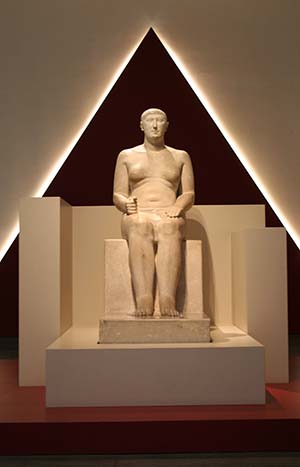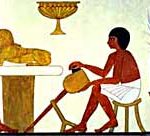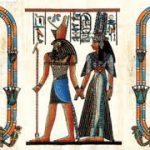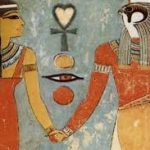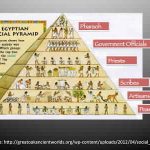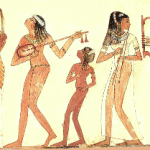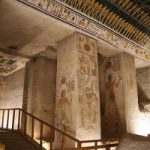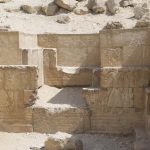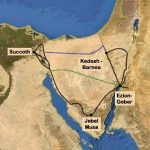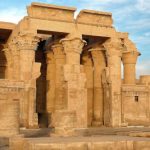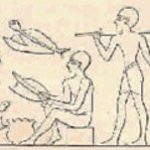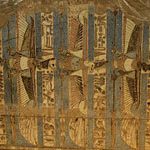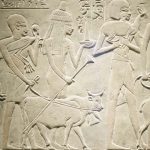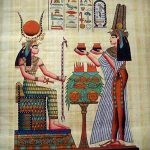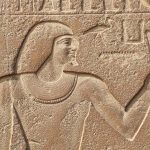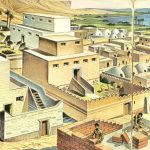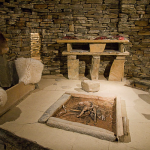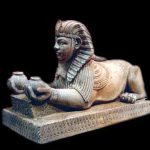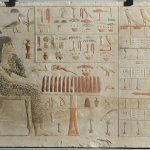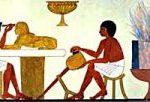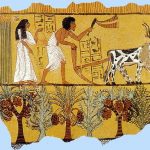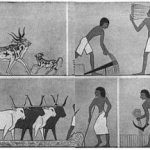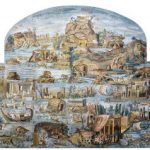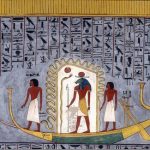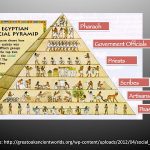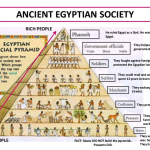Second in authority only to the pharaoh, the office of vizier in ancient Egypt was a highly coveted position that existed at the very beginning of the Pharaonic period. Usually, this non-royal but prestigious position was bestowed upon a trusted family member in whom the pharaoh had great confidence.
Installation of the Vizier
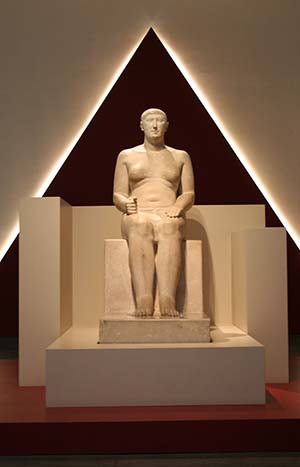
Statue of Vizier Hemiunu
An ancient Egyptian text entitled the “Installation of the Vizier” was found in the tomb of the vizier Rekhmire and entails the duties of his office, including:
- The code of conduct
- The appointment
- Relationships and interfaces with other officials
Two similar texts exist, but they are incomplete; Rekhmire’s transcript is the only complete description of the functions of this exalted office. Rekhmire’s main duties involved overseeing the departments of:
- Agricultural
- Executive
- Interior
- Judicial
- Treasury
- War
Among these general duties, were the specific duties of sitting in the high court, recording trade, and acting as the pharaoh’s seal bearer.
Ancient Egyptian viziers, because of their power, were expected to be law-abiding, impartial, and levelheaded. When a pharaoh was very young or was weak or otherwise incapacitated, it was the vizier who cohesively held the country together. Often, a vizier would maintain his office during the reign of several pharaohs, unless a pharaoh wanted to appoint his own vizier rather than use that of his predecessor.
Hieroglyphs often depict the viziers wearing long, white robes; these symbolized their purity of heart and spirit. A vizier in ancient Egypt did not generally attempt to supplant the pharaoh, due either to the vizier’s code of ethics or the realization that it could endanger the balance of power that existed within the government.
Responsibilities of the Vizier
The vizier was administratively responsible for the day to day function of the kingdom, as well as overseeing special tasks and events. Although testing the water supply may seem mundane by today’s standards, uncontaminated water was essential for the civilization to function. It was perhaps more important than today because the ancient Egyptians lacked an alternate water supply, so ensuring the potability of the water supply was one of the vizier’s duties.
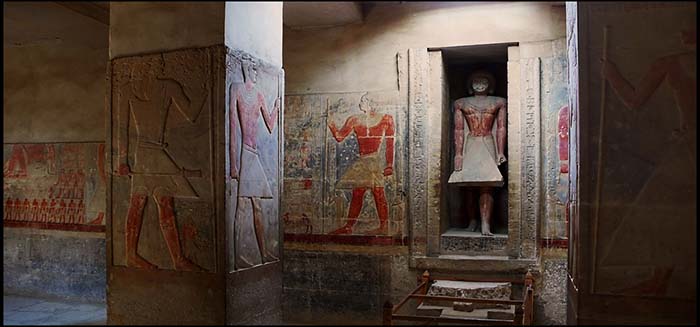
Tomb of Vizier Mereruka
All court officials reported to the vizier, including supervisors, tax collectors, scribes, and so forth. The vizier was responsible for checking the various treasuries for problems or discrepancies and inquiring of the pharaoh’s condition on a daily basis. In essence, the vizier was the overseer of all matters of daily life, from maintaining civil order to ensuring that the pharaoh was well.




